Wisconsin appeals court upholds ruling on witness addresses for absentee ballots
Wisconsin's 4th District Court of Appeals has ruled that witnesses for absentee voters don't need to supply their complete addresses on ballot envelopes, but do need to provide enough information in order for local election clerks to identify and communicate with them.
Associated Press
July 12, 2024
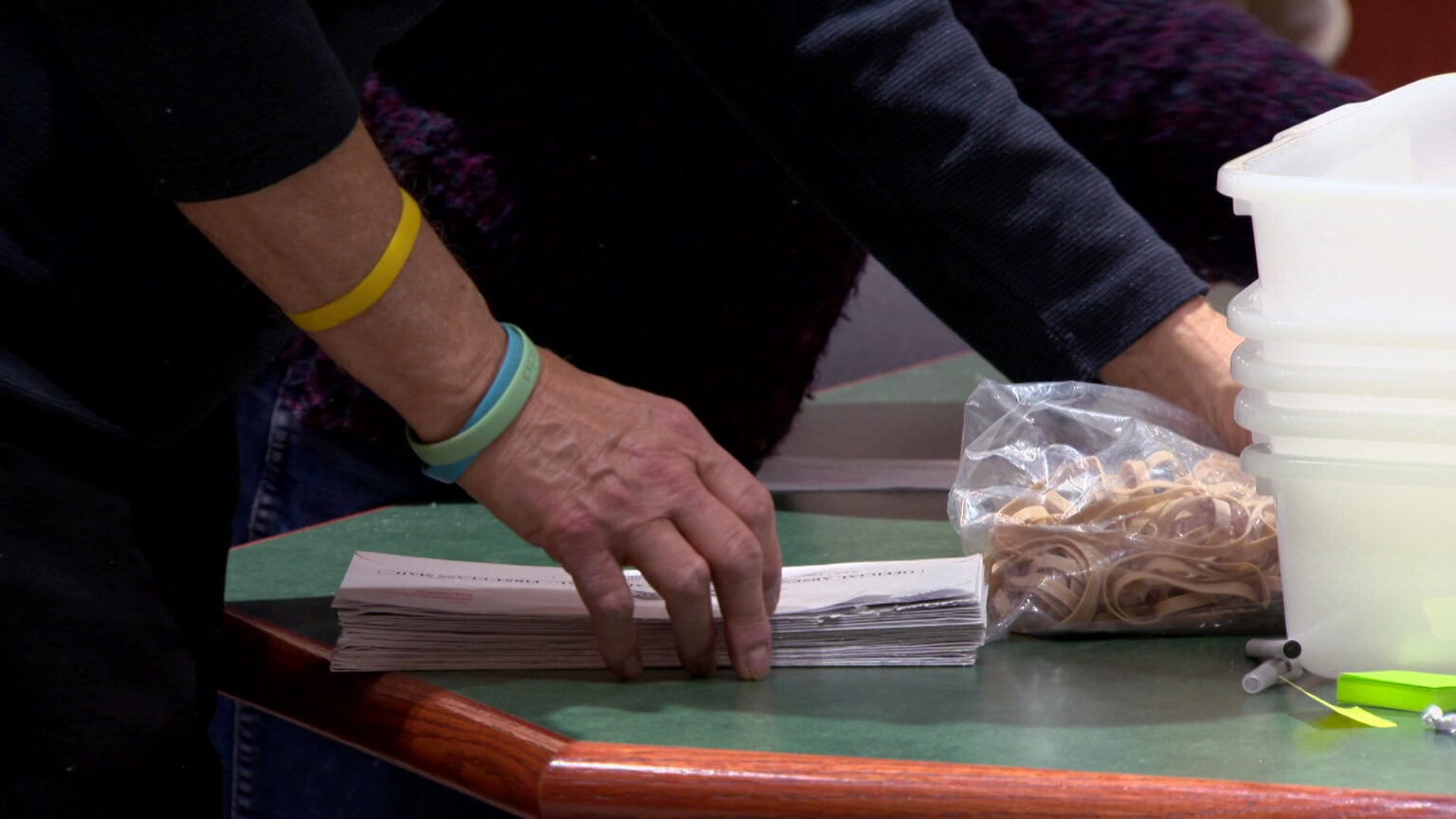
Elections workers open and organize absentee ballots at a central count location in Neenah on Nov. 3, 2020. A Wisconsin appeals court ruled July 11, 2024, that witnesses for absentee voters don't need to supply their complete addresses on ballot envelopes, need only provide enough information so that election clerks can identify and communicate with them. (Credit: PBS Wisconsin)
MADISON, Wis. (AP) — Absentee ballots still count in Wisconsin even if voters’ witnesses fail to give election clerks their full address, a state appeals court has ruled.
The decision on July 11 by the 4th District Court of Appeals is expected to expand the number of absentee ballots that will be counted in the battleground state with yet another tight presidential race looming in November.
Each of the last two presidential elections in Wisconsin was decided by fewer than 23,000 votes. Polls show another close race this year between President Joe Biden and former President Donald Trump. Biden campaign officials have said winning the so-called blue wall of Michigan, Pennsylvania and Wisconsin offers the president the clearest path to victory.
Wisconsin law requires absentee voters to submit their ballots to local election clerks in an envelope marked with a witness signature and address. But the statutes don’t define an address in that context.
Dane County Circuit Judge Ryan Nilsestuen ruled in January in two cases brought by liberals that clerks can still count ballots even if a witness address lacks the municipality or ZIP code or simply says “same” or “ditto” if the witness lives with the voter.
Republican legislators asked the appellate court to either toss out Nilsestuen’s ruling or find that an address is best understood as a witness’ street number, street name and municipality.
The appeals court upheld Nilsestuen’s decision on a 3-0 vote, ruling that witnesses need only supply enough information so municipal clerks can identify them and communicate with them if necessary. If legislators wanted absentee voter witnesses to supply more specific address components, they could have mandated it, Judge Chris Taylor wrote.
Taylor is a former Democratic legislator. Judge Brian Blanchard is a former Democratic district attorney and Judge Rachel Graham served as a clerk for liberal state Supreme Court Justice Ann Walsh Bradley for four years, according to her biography on the Wisconsin Court System’s website.
The Republican lawmakers’ attorney, Misha Tseytlin, didn’t immediately respond to an email from The Associated Press on July 12 seeking comment on the ruling and inquiring about whether the GOP would ask the state Supreme Court to take the case. Winning the case at that level would be an uphill fight for the Republicans given that a four-justice liberal majority controls the high court.
On July 5, the Wisconsin Supreme Court allowed local election officials to place absentee ballot drop boxes around their communities. The decision undid a 2022 ruling from the court’s then-conservative majority limiting drop box use to only clerk’s offices.
 Passport
Passport




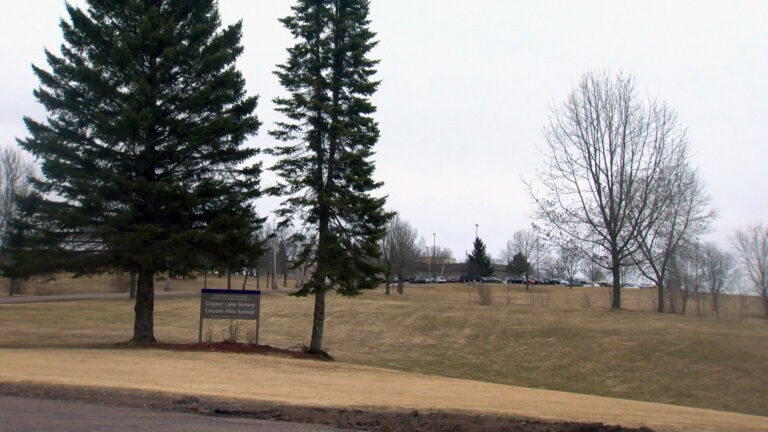
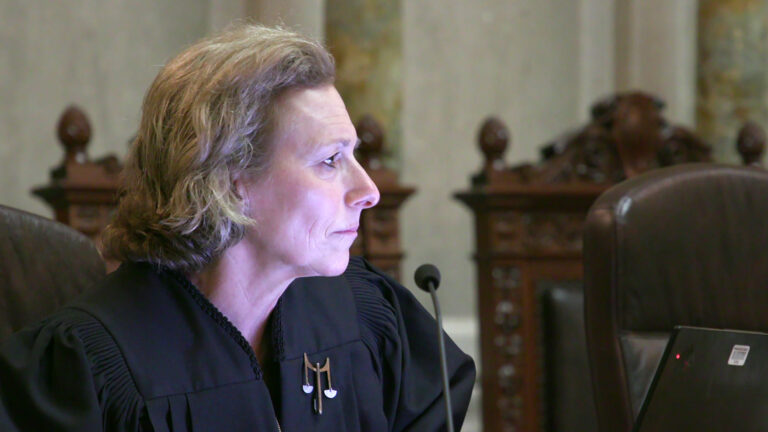

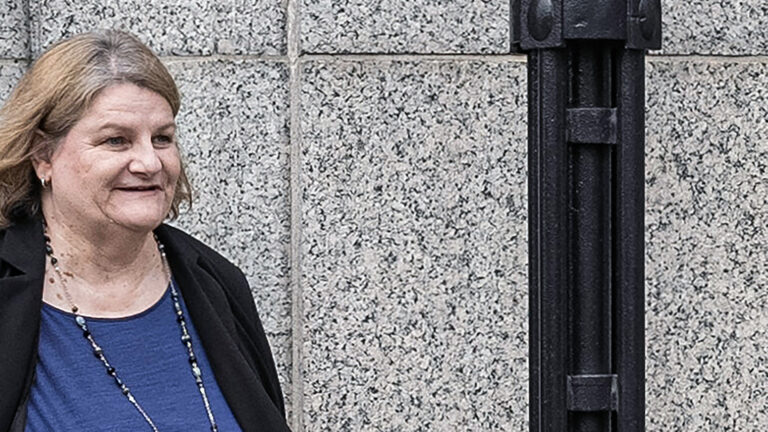
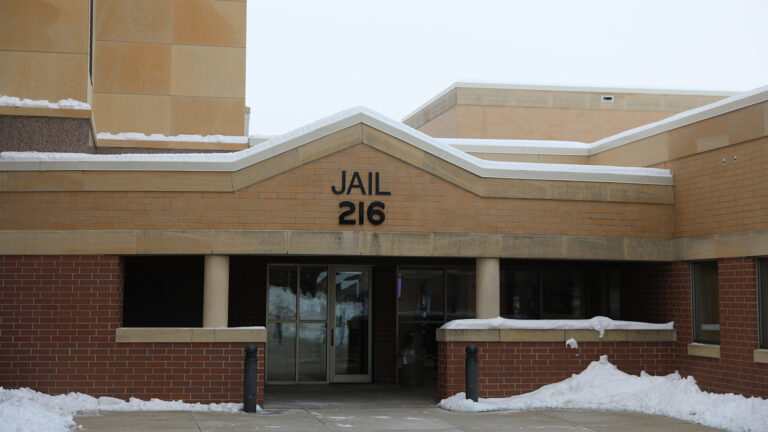
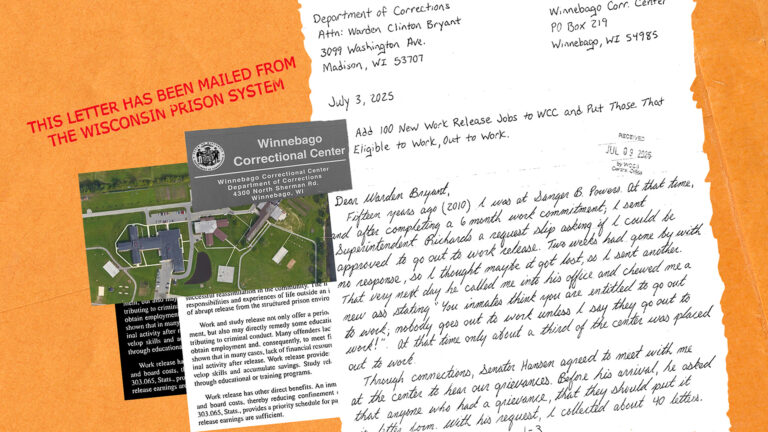

Follow Us